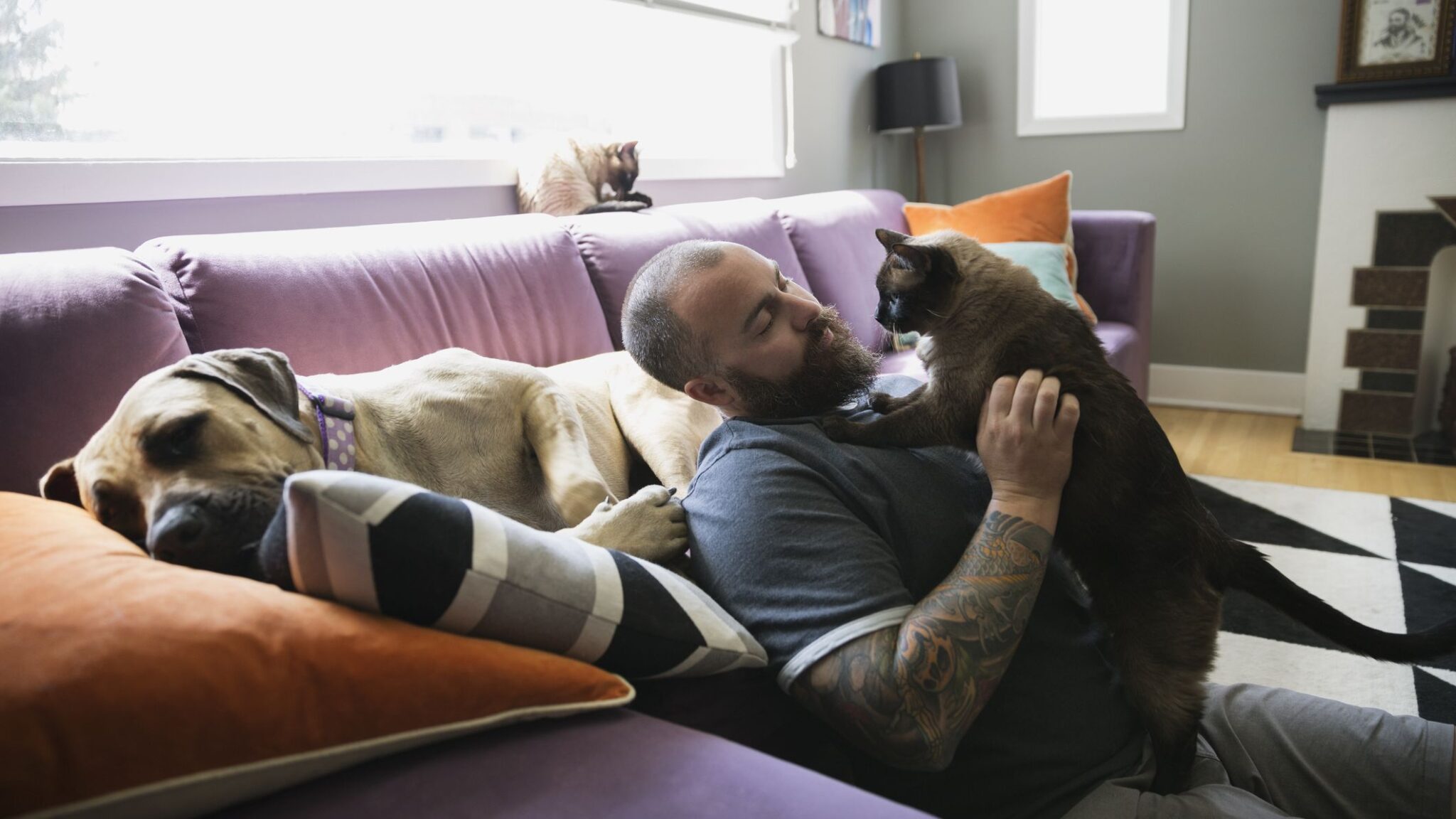There are many reasons to rent a pet-friendly apartment. Some states even require higher pet deposits, and allowing pets in an apartment can significantly increase rent. In addition, allowing pets can lower vacancy rates and broaden the pool of prospective renters. But, there are also costs involved in renting a pet-friendly apartment. Read on to learn more about some of the advantages of pet-friendly apartments.
Rent for a pet friendly apartment is higher than non pet friendly apartments
Despite the increased popularity of pet-friendly housing, the cost of Philadelphia pet friendly rentals is higher than that of a non-pet-friendly apartment. Buildings that allow pets usually have higher rents than non-pet-friendly apartments and allowing pets may be a smart marketing strategy. Besides, allowing pets means more competition and higher prices, according to Christopher James, president of the appraisal firm Miller Samuel.
While there are no set regulations on what types of pets are allowed, most landlords require a signed contract specifying that the pet is permitted. If you plan to bring a dog or a cat to live with you, it’s a good idea to check whether nearby parks and green spaces will provide enough exercise for your animal. If you are moving into an apartment with a pet policy, make sure you budget for additional expenses related to caring for your new companion. Pet deposits and fees are common costs for renting an apartment that allows pets, so it’s best to research all of them before signing anything.
Additional fees for allowing pets in an apartment
It may seem daunting to negotiate with a landlord about allowing pets in an apartment. After all, allowing a pet can cost you a lot of money. Nonetheless, some landlords are more amenable than others to this request. Before asking for a pet-friendly apartment, prepare a pet resume. By providing a list of your pet’s attributes, you can speed up the screening process. If necessary, you can also include letters of recommendation from friends or family members who own pets.
The landlord may require a pet deposit if the tenant is going to keep the pet. Large dogs, for example, can do more damage than a small cat. In addition, high-value properties may require a larger deposit. Most states allow landlords to keep pet deposits, or pet fees, based on normal wear and tear. Make sure to read any restrictions on the pet deposit before you submit your application.
It offers a community of pet-loving neighbours
If you are a dog lover, renting a pet-friendly apartment may be a great choice. Many communities in New York City allow dogs and cats. Other options include birds, small caged animals, and certain types of reptiles. Some landlords also allow rodents. However, if you are looking for a more unusual type of pet, you should know that not all cities allow these animals.
If you’re looking for an apartment that accepts pets, make sure to ask the landlord about the requirements for allowing your pet. Be sure to inform your prospective landlord about any cleaning concerns and how you have vaccinated and flea-controlled your pet. In addition, it’s helpful if you can show the landlord that you’re a responsible pet owner by obtaining a Canine Good Citizen’s certificate. Having a certified pet is also a great way to prove your character to a landlord and avoid being sued for damage or injury caused by your pet.

